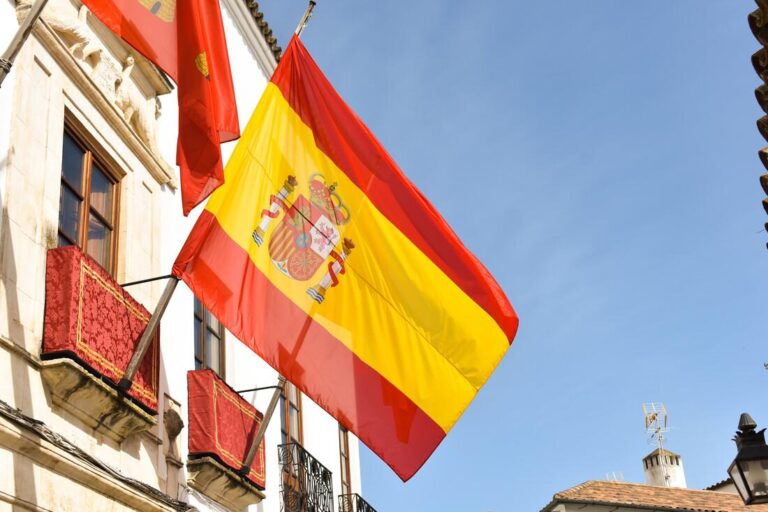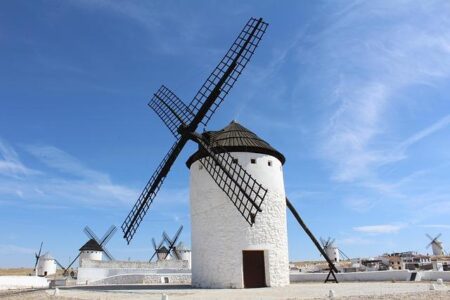As the Eurovision Song Contest continues to evolve in the 2020s, Spain’s performances have drawn both praise and criticism from fans and commentators alike. In this edition of Aussievision, we take a comprehensive look at Spain’s track record at Eurovision over the past few years, assessing their artistic choices, staging, and overall results. From soaring ballads to energetic pop anthems, Spain’s entries reflect a nation striving to regain its footing on the competitive Eurovision stage. This report card offers an in-depth analysis of how Spain has fared so far this decade and what the future may hold for the Iberian country’s Eurovision journey.
Spain’s Evolving Soundscape at Eurovision in the 2020s
Over the past few years, Spain has demonstrated a clear shift in its Eurovision strategy, embracing a more diverse and contemporary musical approach than ever before. Gone are the days of traditional ballads dominating the Spanish entries. Instead, the country has welcomed fresh voices and distinct genres, from urban beats to electronic pop. This transition reflects Spain’s ambition to resonate not only with its domestic audience but also with the evolving European market. Notable is the incorporation of bilingual lyrics and collaborations with international producers, signaling a push for global appeal while retaining a strong cultural identity.
Key elements characterizing Spain’s evolving soundscape include:
- Genre Experimentation: A blend of flamenco fusion alongside modern pop and reggaeton influences.
- Dynamic Performances: Enhanced staging with vibrant choreography and innovative visuals.
- Artist Diversity: Inclusion of both emerging talents and established stars, highlighting varying styles.
| Year | Artist | Song Title | Final Placement |
|---|---|---|---|
| 2020 | Blas Cantó | “Universo” | N/A (Contest Canceled) |
| 2021 | Blas Cantó | “Voy a quedarme” | 24th |
| 2022 | Chanel | “SloMo” | 3rd |
Analyzing Performance Trends and Voting Patterns for Spain
Spain’s journey through the Eurovision 2020s reveals a fluctuating trajectory marked by both promising peaks and challenging lows. While the country has embraced diverse musical genres, ranging from heartfelt ballads to vibrant pop anthems, its overall placement has underscored the complexities of standing out amid a crowded field. Notably, the consistent use of native Spanish lyrics has both celebrated cultural authenticity and occasionally limited broader pan-European appeal, echoing a tension between identity and strategy. The data suggests Spain scores higher when entries balance modern production with emotive storytelling, engaging audiences beyond traditional fanbases.
Delving into voting patterns uncovers fascinating regional dynamics. Spain benefits from steady support within the Iberian Peninsula and parts of Latin-influenced European territories, yet it struggles to garner points from Northern and Eastern Europe. This disparity reflects not only musical preferences but also geopolitical and diaspora influences pervasive in Eurovision voting behavior. The table below summarizes Spain’s average points received from key regions over the past five contests:
| Region | Avg Points (2020-2024) | Key Observations |
|---|---|---|
| Iberian Peninsula | 42 | Strong, consistent support |
| Western Europe | 28 | Moderate with occasional spikes |
| Eastern Europe | 15 | Generally low, limited appeal |
| Nordics & Baltics | 12 | Rare points, niche fanbase |
| Others | 20 | Inconsistent, variable by year |
Efforts to engage with the Eurovision community through social media and live performances have helped Spain maintain visibility. However, patterns indicate that strategic collaborations and cross-border musical innovation could be vital to improving point tallies from less traditional allies. Fans and experts alike highlight the importance of evolving Spain’s approach, balancing national pride with a sharper understanding of continental tastes to secure a stronger foothold in future contests.
- Strategic Recommendations to Boost Spain’s Future Eurovision Success
To elevate Spain’s position in future Eurovision contests, organizers must embrace innovative artist selection methods that prioritize originality and international appeal. Rather than relying solely on internal selections or traditional national finals, incorporating a hybrid approach that blends public voting with expert panels could strike the perfect balance between popular sentiment and professional insight. Additionally, nurturing emerging talent through collaborations with acclaimed songwriters and producers from diverse musical backgrounds can infuse fresh energy into Spain’s entries, helping the country break free from past patterns and resonate on a pan-European scale.
Investing in impactful staging and visual storytelling is equally crucial. Spain’s future success hinges on performances that captivate viewers beyond the song itself-production teams should focus on creating memorable, culturally rich presentations that amplify the emotional core of each entry. To support this goal, the following strategic priorities should guide Spain’s Eurovision approach:
- Expand collaborative projects with international songwriters and choreographers
- Leverage digital platforms to engage younger demographics in selection processes
- Prioritize entries with authentic Spanish cultural elements seamlessly integrated into contemporary styles
- Enhance investment in live show production with cutting-edge lighting and visual effects
To Conclude
As Spain continues its journey through the complexities of Eurovision in the 2020s, the nation’s mixed results reflect both the challenges and opportunities that lie ahead. With a blend of traditional flair and evolving contemporary styles, Spain remains a dynamic contender on the Eurovision stage. Aussievision will keep a close eye on Spain’s future entries, hopeful that the coming years will bring renewed success and greater impact in this ever-competitive arena.




